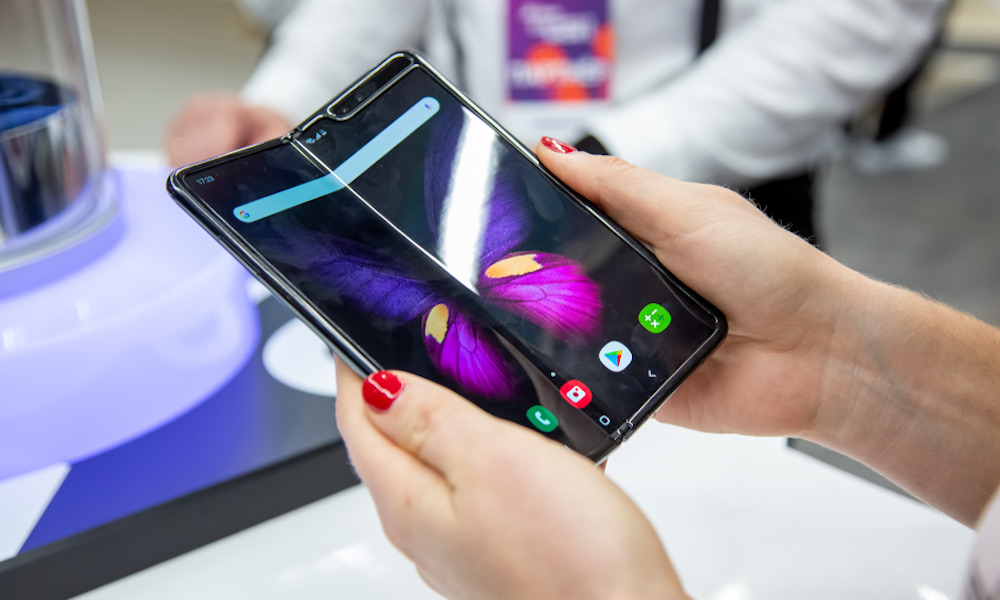Samsung Promises Smartphone Batteries That Last an Entire Week
 Credit: Mariaprovector / Shutterstock
Credit: Mariaprovector / Shutterstock
Toggle Dark Mode
Phone batteries are always improving, which is why (in most cases) battery life creeps up with each new generation. But there has been excellent research around the world into innovations that could lead to huge leaps in battery life, more than anything we’ve seen before. Samsung’s made that a bit more official in a joint announcement with IBM about battery technology that could mean you wouldn’t need to worry about a charger for days at a time.
What’s the big deal? It’s called VTFET, or Vertical Transport Field Effect Transistors. This is the most advanced form of technology IBM has been working on, built to stack transistors vertically. If you’ve ever seen any kind of computer chip, you know they tend to be super thin. This design innovation would allow them to build upwards, the way cities can build upwards with skyscrapers (okay, sort of).
The technology has been very limited so far, but this new announcement shows Samsung is thinking about incorporating the new chips in consumer products like its Galaxy phones. Wait, what does that have to do with battery life?
Stacking transistors on a chip vertically allows for much more efficient electricity flow. Basically, chips need less of a charge to do the same things when they’re in this “3D” design.
In fact, the improvement is so big that Samsung says it could create an 85% reduction in energy use, which is why they felt comfortable claiming that we could see cell phone batteries that could last over a week without needing to be charged.
The companies also had other bold claims to make, including that this innovation could solve the problem with the energy-ravenous cryptocurrency systems that are so currently problematic.
It’s important to keep in mind that all smartphone battery statistics should be taken as broad standards, not real-world statistics. For example, the iPhone 13, according to Apple’s own testing, can last for up to 15 hours streaming online video or 75 hours of playing music. Anyone who has an iPhone 13 knows this isn’t really true for everyday use: That’s because our smartphones are always busy doing a lot of things at the same time, and a hundred factors from OS efficiency to screen brightness will affect the battery. That’s why they tend to drain a lot faster than official numbers claim.
However, even with that in mind, this new battery tech has the potential to greatly extend battery life, perhaps doubling the amount of time you can go without needing to grab a charger – and that’s nothing but good news.
Learn More | 10 Easy Ways to Max Out Your iPhone 13’s Battery Life







